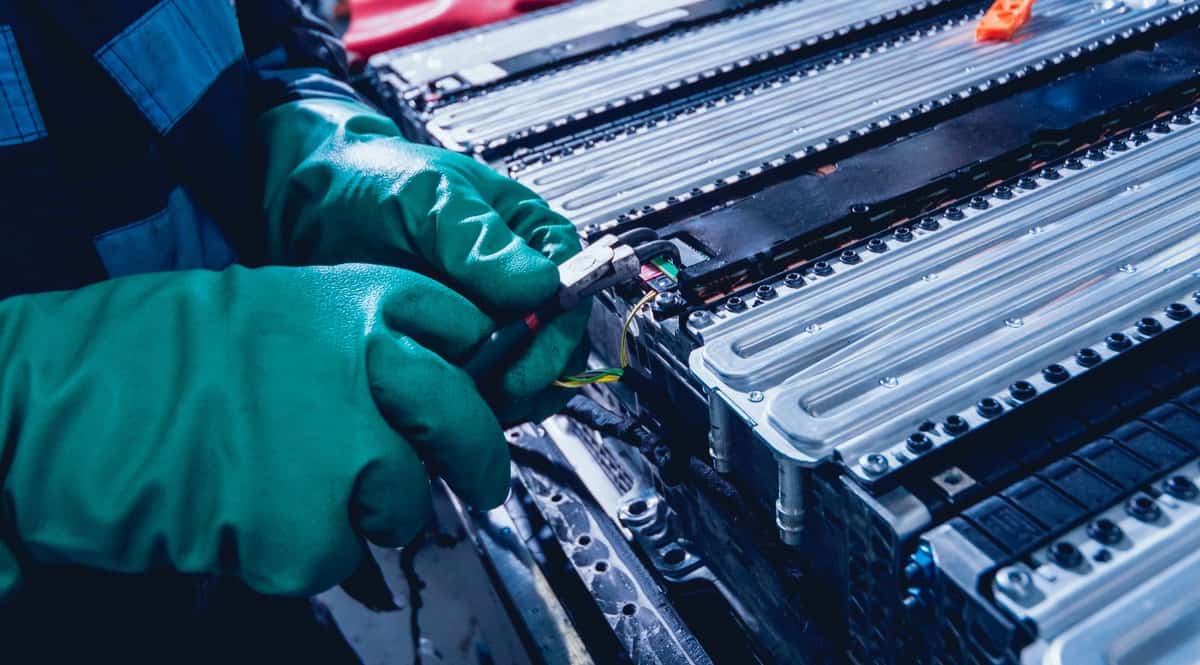Tesla Chairwoman Robyn Denholm calls for Treasurer Jim Chalmers to implement necessary tax breaks to attract at least 30 battery-grade lithium processing plants, The Australian Financial Review reported.
Ms. Denholm spoke at this year’s Minerals Week summit in Canberra, where she warned the government that failure to support such projects would weaken the country’s position against North America and Europe.
“This is a trillion-dollar opportunity for Australia. It is our opportunity to lose if we fail to act quickly. The rest of the world is waking up and looking to compete fiercely with us.”
Tesla Chairwoman Robyn Denholm
Demand for raw battery materials
Australia owns some of the world’s largest mineral reserves critical for electric vehicle battery production. Meanwhile, global automakers race to secure them (lithium, nickel, copper, and cobalt) to support their EV production ramp-up and meet the growing demand.
Apart from that, the flourishing industries of grid-scale batteries, solar panels, wind turbines, and power lines also boost the demand for the said metals.
All that considered, Ms. Denholm strongly urged the Australian Government to take advantage of this opportunity to gain more investments from global companies.
“The global battery production market currently stands at less than 1 terawatt hour and is projected to grow to 240 terawatt hours as the world moves towards sustainable energy.”
Tesla Chairwoman Robyn Denholm
However, the $US369 billion Inflation Reduction Act has been snatching all investment prospects worldwide owing to its significant incentives. It offers a maximum tax credit of 30% for investments and 10% for manufacturing, on top of the state and federal incentives.
Australian potential in battery production
The Tesla Chair suggests Australia has a strong potential to expand its battery production industry and step up against North America. Considering Australia’s abundant mineral and material resources, it indeed has the capacity to advance as a renewable energy and mineral hub.
“Australia can harness its technical capabilities to manufacture battery cells and all the key components – cathodes, anodes and electrolytes – that go into them.”
Tesla Chairwoman Robyn Denholm
Ms. Denholm further claimed that Australia must have tax breaks to advance in battery refining.
“Australia would need a less-than-10-per-cent credit to become competitive in refining, 10 per cent for precursor and cathode material plants, climbing to around 30 per cent for competitive cell manufacturing. It’s now time we scale our ambitions and go from proposals to production. The longer we wait, the greater risk we have of this opportunity passing us by as other countries – without any or as much of the underlying minerals – leapfrog us into capturing the most valuable parts of the battery supply chain.”
Tesla Chairwoman Robyn Denholm
Tesla seeks to invest in Australia’s critical minerals
Tesla Chairwoman Denholm announced at the 2021 Minerals Council summit that the American EV giant was planning to invest AU$1.3 billion per year in the country’s critical minerals.
Notably, Tesla has raised that amount by threefold to more than AU$4.3 billion (US$2.8 billion) for 2023, Teslarati reported.
Ms. Denholm also noted that battery demand will reach 57 TWh by 2035 from just more than 375 GWh in 2023.
“Demand for Australian minerals will only continue to rise.”
Tesla Chairwoman Robyn Denholm
See Also:
- Western Australia: A global battery and critical minerals hub
- Tesla Chair encourages Australia to spark more tech startups to boost economic growth
- Governments of Australia and Indonesia entered into a “win-win” battery partnership, analyst says
- Albemarle boosts bid to Australian lithium miner to almost $4.3 billion
- Top Lithium reserves, producing countries and companies
All that said, the Tesla executive strongly calls for the Australian Government to implement production tax credits for domestic battery mineral refining rather than offering one-off incentives.
It is worth noting that Australia has the world’s fifth-largest lithium reserves at 7.9 million tonnes as of 2019, according to the US Geological Survey (USGS).

